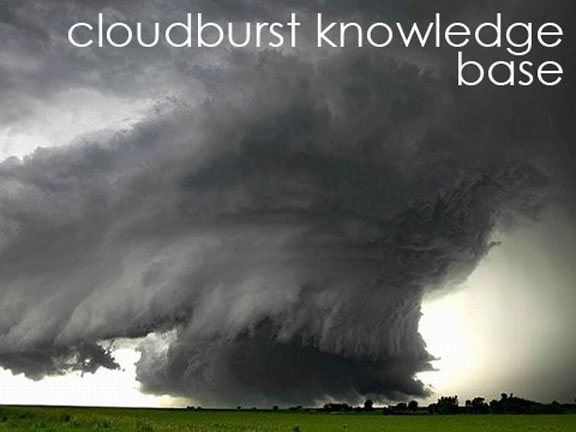teachers who hate learning
yes, folks, this is a rant. put up your filter guard now, if that's how read.
i have been involved with several conversations recently aimed at increasing student engagement and active, personalized learning. these are important topics, and i think these are core goals for creating classrooms that invite and encourage learning, rather than assume and vacantly proscribe the same. the problem, however, has little to do with human nature, inherent student apathy or any of the other excuses we educators like to keep ready in our hip pockets to deploy in post failure self coddling . i'll return to this in a moment. be ready.
the buzz phrase of the day has of late been "buy-in." we need to increase student buy-in to create a culture of engagement within the classroom. yes. herein lies the floor slab of our problem: this converstation is one i regularly have with in-service and pre-service teachers who, in graduate classes, consciously aim at the minimum requirements to complete the class with a decent grade. many have completely disengaged from activities designed to provide insight into those activities that our students do all the time by their own volition, activities that offer incredible learning possibilities if we teachers understood how and why students do these things. e.g.: electronic social networking, video gaming, independent media creation (video, music, comics, visual art, writing, etc.) in most cases, i actually hear words such as, "i think that would be a lot of work. i just wanna get this done." the ugly head of the western-results-above-all monster reareth. and you wondered how "Git-R-Done" became our national mantra.
these discussions about student buy-in take place between teachers who are students, and who are unwilling or cannot even figure out how to "buy in" for themselves. i am afraid, within the educultural context of these graduate school classrooms, the student by-in discussion has become little more than pathetically doomed cul-de-sac smalltalk.
back to OUR students' buy-in: we are learning that modelling is one of the most effective methods of teaching. here's a new cliche'd maxim, because i am making it one: do not as i say if it is not as i do. as a group, our students are very observant. they pick up on everything we do, whether we pick up on it or not. we cannot embody poor learning teachnique and expect our students to develop good learning technique.
we are attempting to create a classroom culture that differs from that of the outside world. how can we change the way students learn if we are unwilling to change the way WE learn? students are apathetic because we have not shown them why our activities are important to them (sometimes the activities we design are not actually important, and students identify that as well). students only do enough to get the grade because, for over a century the grade has been the understood goal of formal education procedure. actual learning has been cast as the third-string benchwarmer/waterboy and is only brought into the game when we have either given up hope of winning or discarded the possibility of loss. most students play school with a tighter score, though, and consequently look off-field to see poor ol' learning sitting dejected on the sideline in gleaming white spotless disappointment.
and we are the coaches who keep it this way.
why not give true learning a little field time and strengthen the weakest link?


